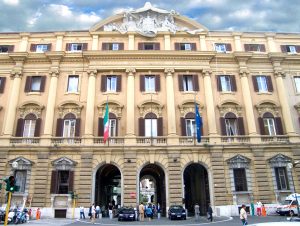2022, September. Numerous factors influence how quickly public organisations adopt new technologies. User adoption is influenced by a variety of independent aspects, including usability, accuracy, cost, security, interoperability, and robustness. Public entities at the local and national levels have shown interest in the co-production techniques of our research efforts. The Municipality of Reggio Emilia, a municipal public agency, is onboard as a pilot, due to its long-term dedication and expertise in collaborative public production projects and participatory methods services.
The Italian city of Reggio Emilia is renowned for its long history of social justice activism as well as for having strong collaborative and service-oriented cultural traditions. One of the main issues the city is attempting to resolve is how to alter the traditional role of the public sector and its relationship with citizens. This is done by fostering a structural and cultural shift that encourages the public sector to play an enabler role in participatory paths and practices, placing citizens at the centre of the decision-making process.
The three major pillars that makeup Reggio Emilia Municipality’s governance structure are directly related to the objectives and mission of our Interlink project:
- participatory governance, which seeks to involve stakeholders and guarantee that everyone participates bringing their unique perspectives, abilities, and solutions;
- transparency, to decisions that are transparent and allow input from citizens, groups, and corporations (such as data transparency and dissemination)
- sustainability to rationalise planning and process projects that will be included into routine operations processes and mechanisms within organisations that promote consistency and allow enabling a long-term time frame.
The “Smart City protocol,” a formal framework to support strategic initiatives for digital and social innovation, is the framework within which the Reggio Emilia Municipality operates its participatory government model.
36 local groups have already participated in the protocol since its 2017 launch to create and carry out cooperative activities that, through working together and exchanging ideas, solutions, and skills, enable subscribers to support the growth and innovation of the region and so raise living standards and service levels.
Interested in results? Go to the paper “Challenges and Opportunities for ICT in Co-production: A Case Study of Public Service Innovation in an Italian Municipality“.





